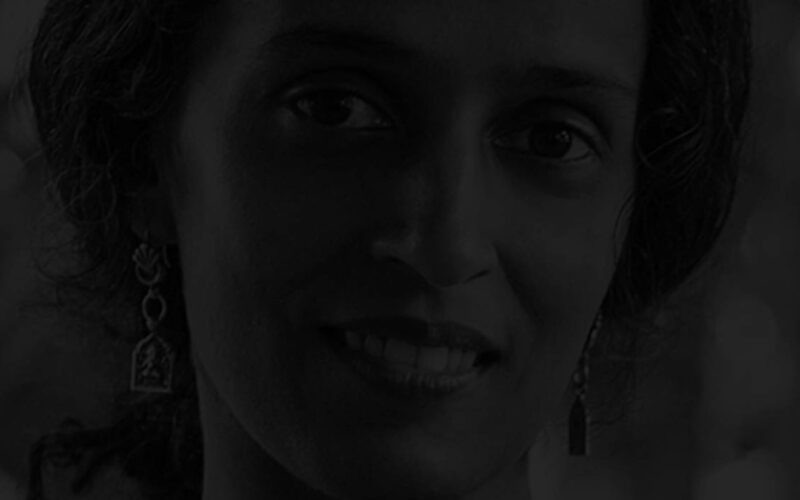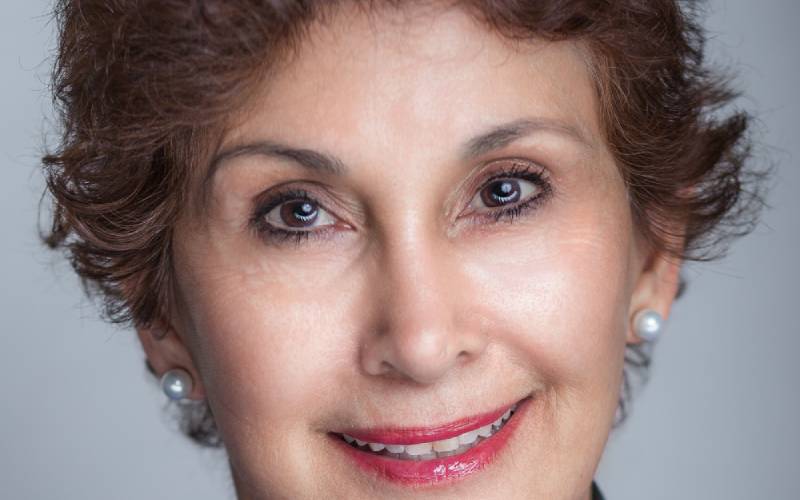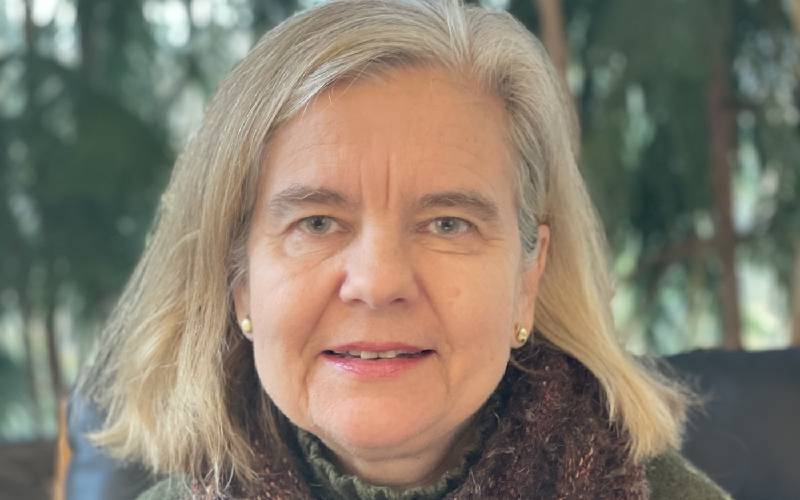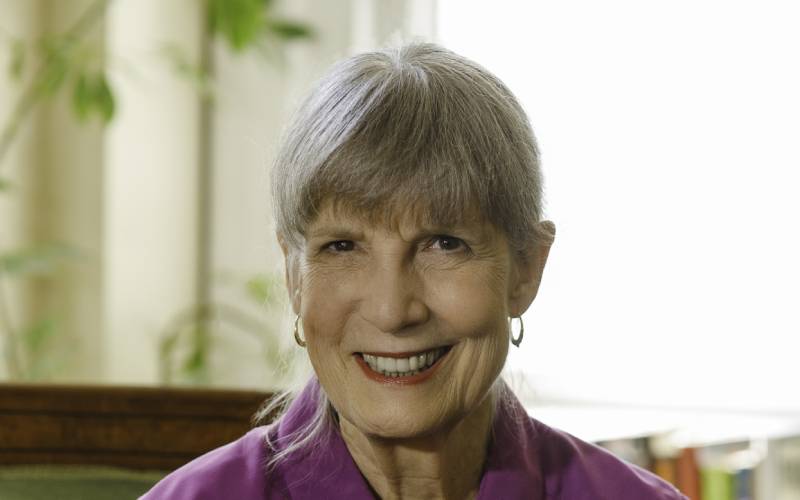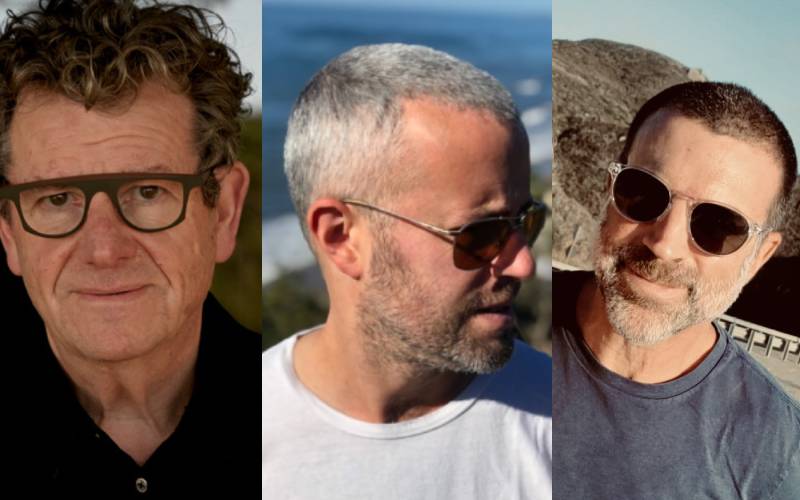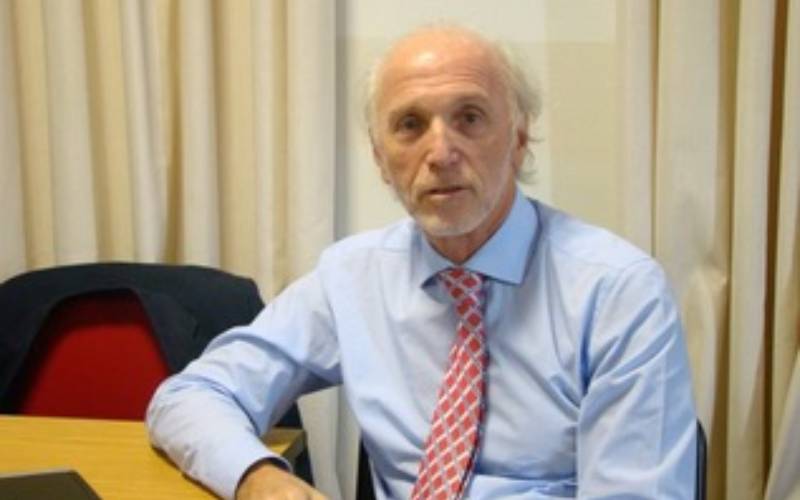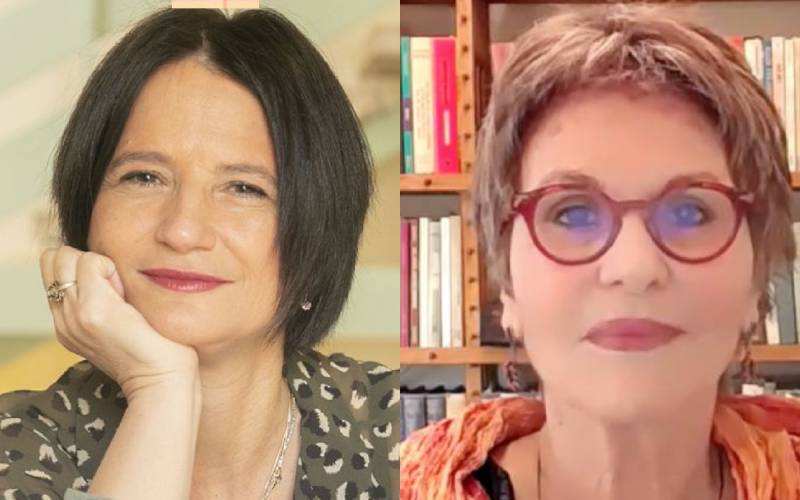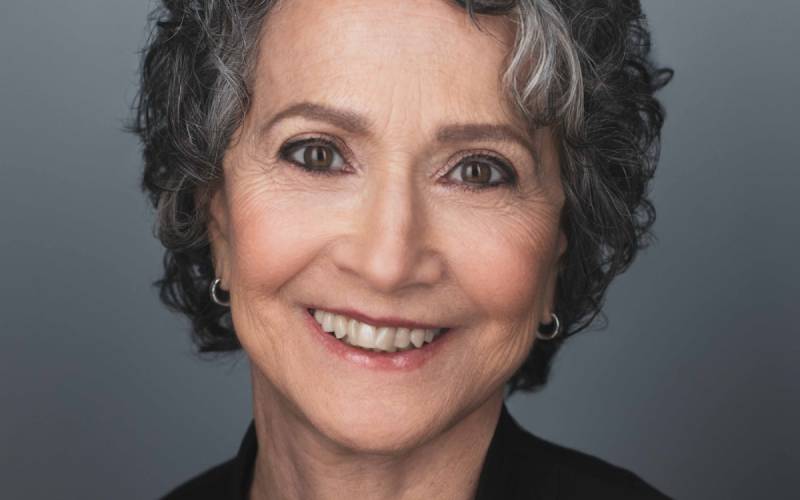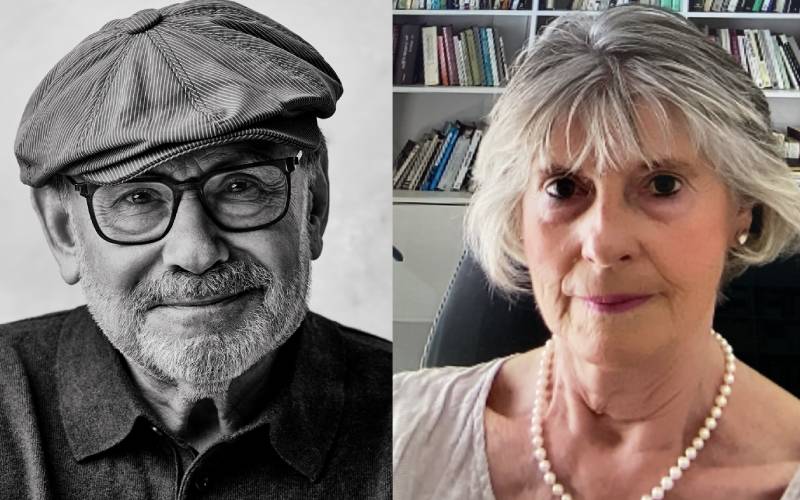Episode 153 : Female Sexuality in India Today: Through an Analytic Lens with Amrita Narayanan, PsyD (Goa, India)
“I was speaking to the tendency of the popular media to perceive narratives of Indian women’s sexuality via the lens of oppression. Now, of course, sexual violence against women is an important concern in India, as it is worldwide. But telling the story of violence against women misses the story of how women desire, which…
Read MorePodcast: Play in new window | Download

